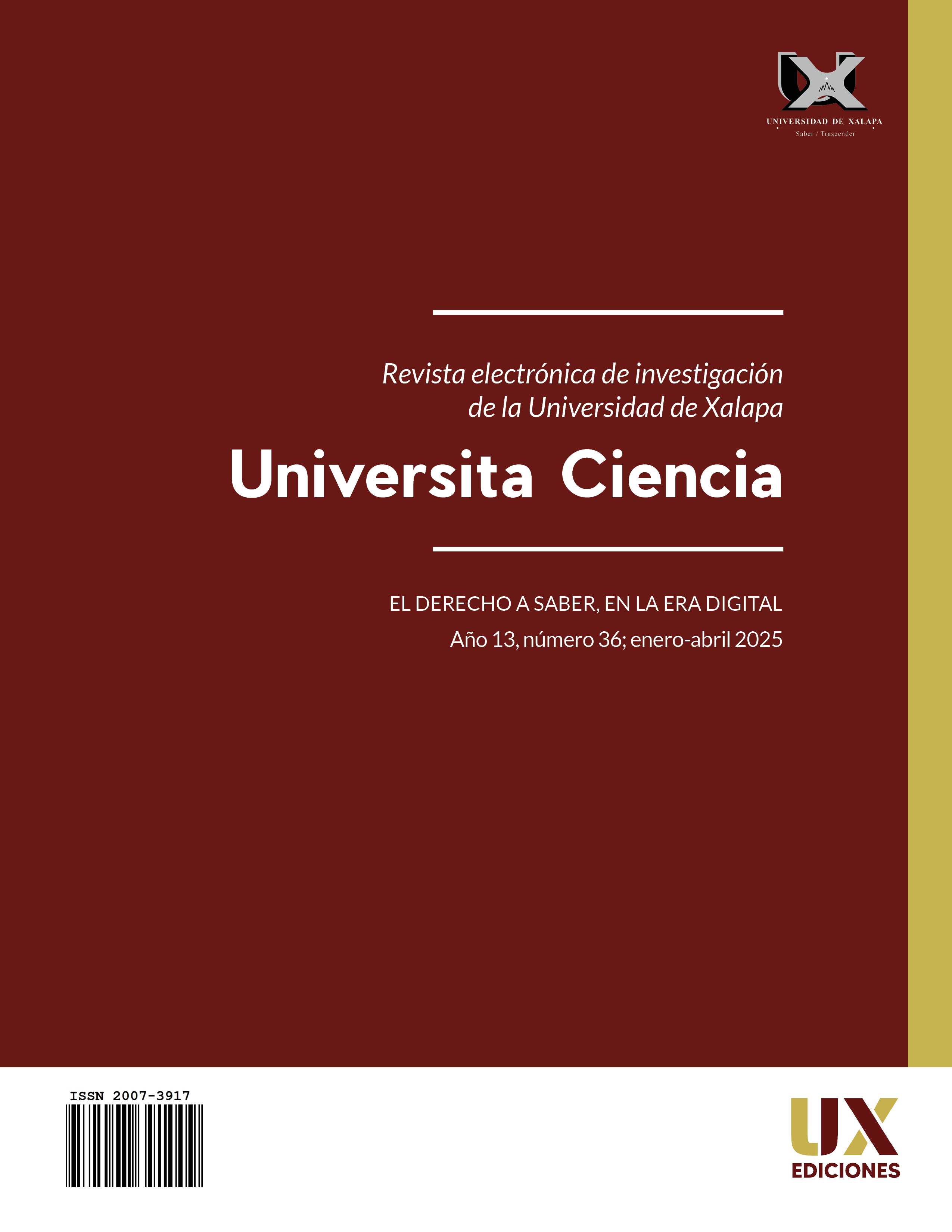Construction and diffusion of national identity and mexican social formation: a historical reflection
DOI:
https://doi.org/10.5281/zenodo.15122398Keywords:
social education, national identity, State, Monopoly, social psychologyAbstract
The essay analyzes how Mexican social formation and the construction of national identity have influenced the profile of the country and its society since the mid-twentieth century. National identity is understood as a social construction promoted by the State, especially since the post-revolutionary period. The text highlights three main premises: the identity promoted by the nation-state, the creation of political and economic monopolies, and the changes brought about by globalization and new technologies, which have accentuated structural inequalities. Through a historical review, it explores how the monopolization of the country's political, social and economic life shaped the national identity and determined its social habits and behaviors.
Metrics
References
Cappello, H.M. y Lara, J.F. (2017). Procesos y vicisitudes en el desarrollo de la psicología social mexicana y el estudio de la identidad nacional desde un nuevo punto paradigmático. Revista Internacional de Ciencias Sociales y Humanidades, SOCIOTAM, Vol. XXVII (2), 49-71. Recuperado de http://www.redalyc.org/articulo.oa?id=65456039004
Córdova, A. (1972). La formación del poder político en México. Ediciones Era.
Durand, C.H. y Silva, M.D. (2014). Veinte años de lucha del Ejército Zapatista de Liberación Nacional (Algunas de sus aportaciones). Iberoforum. Revista de Ciencias Sociales de la Universidad Iberoamericana, IX (18), 100-117. Recuperado de https://www.redalyc.org/articulo.oa?id=211033017005
Escalante Gonzalbo, P. et al. (2008). Nueva historia mínima de México. Ilustrada. Quinta reimpresión, El Colegio de México.
García, H. (2008), Vivir con la televisión. 30 años de análisis de cultivo. Anagramas. Rumbos y sentidos de la comunicación, Vol. 7, No. 13, pp. 91-106.
González Casanova, P. (1965). La democracia en México. Ediciones Era.
Hoyos, O. L. (2000). La identidad nacional: algunas consideraciones de los aspectos implicados en su construcción psicológica. Psicología desde el Caribe, (5), 56-95. Recuperado de https://www.redalyc.org/articulo.oa?id=21300504
Hoyos, O. L. (2001). Identidad nacional. Una aproximación cognitiva. Psicología desde el Caribe, (8), 1-26. Recuperado de http://www.redalyc.org/articulo.oa?id=21300802
Krauze, E. (1997). La presidencia imperial. TusQuets Editores.
Martin-Barbero, J. (1987). De los medios a las mediaciones. Editorial Gustavo Gili.
Mora, L.M. (2011). Metodología de la comunicación política en campañas electorales. Plaza y Valdés Editores.
Navalles, J. (2014). La psicosociología en México: una historia cultural. Polis, 10(1), 78-107. Recuperado de http://www.scielo.org.mx/scielo.php?script=sci_arttext&pid=S1870-23332014000100078&lng=es&tlng=es
Ortega, S. (2024). La percepción de la justicia social en la distribución de recursos.Psicologiaplasencia.es, Recuperado de https://psicologiaplasencia.es/social/percepcion-de-la-justicia-distributiva-social/
Paz, O. (1950). El laberinto de la soledad. Fondo de Cultura Económica.
Ramos, S. (2009). El perfil del hombre y la cultura en México. Espasa Calpe.
Uranga, E. (2013). Análisis del ser del mexicano. Bonilla Artigas Editores.
Wobeser, G. (coord.) (2010). Historia de México. FCE-SEP.
Published
How to Cite
Issue
Section
License

This work is licensed under a Creative Commons Attribution-NonCommercial-ShareAlike 4.0 International License.
This journal adheres to the Creative Commons license in the definition of its policy of open access and reuse of published material, in the following terms:
- Accessibility to articles and other publications in whole or in part under the concept of copying, distribution, public communication , interactive access (through the Internet or other means), explicitly maintaining the recognition of the author or authors and the journal itself (authorship acknowledgment).
- Warning that if the articles are remixed, modified or fragments used in other creations, the modified material cannot be distributed, nor is it allowed to reconstruct versions from the original published articles (derived works).
- The use of the contents of the published articles, in whole or in part, for profit (non-commercial recognition) is prohibited.
The author retains copyright, transfers or grants exclusive commercial rights to the publisher, and a non-commercial license is used.














